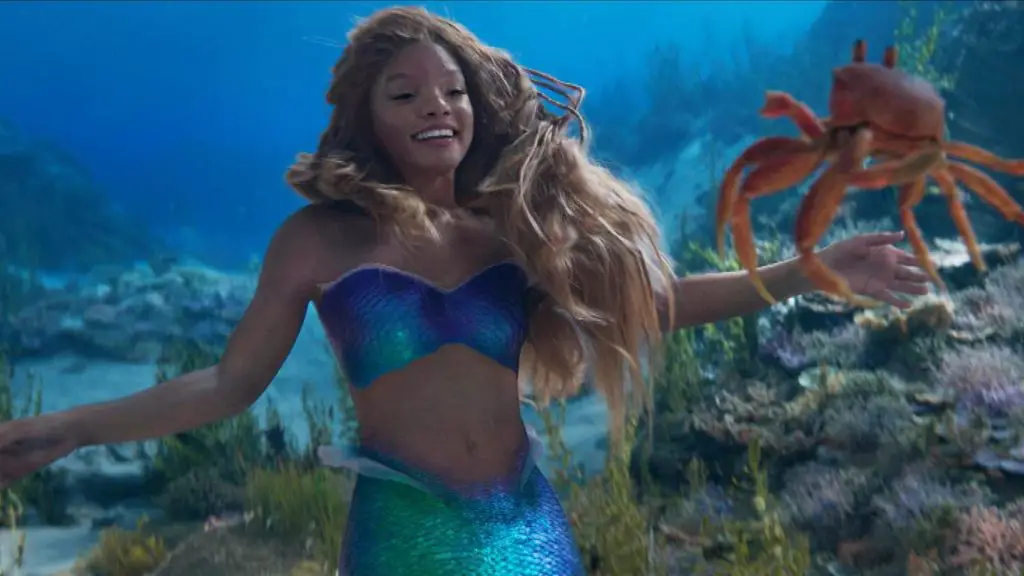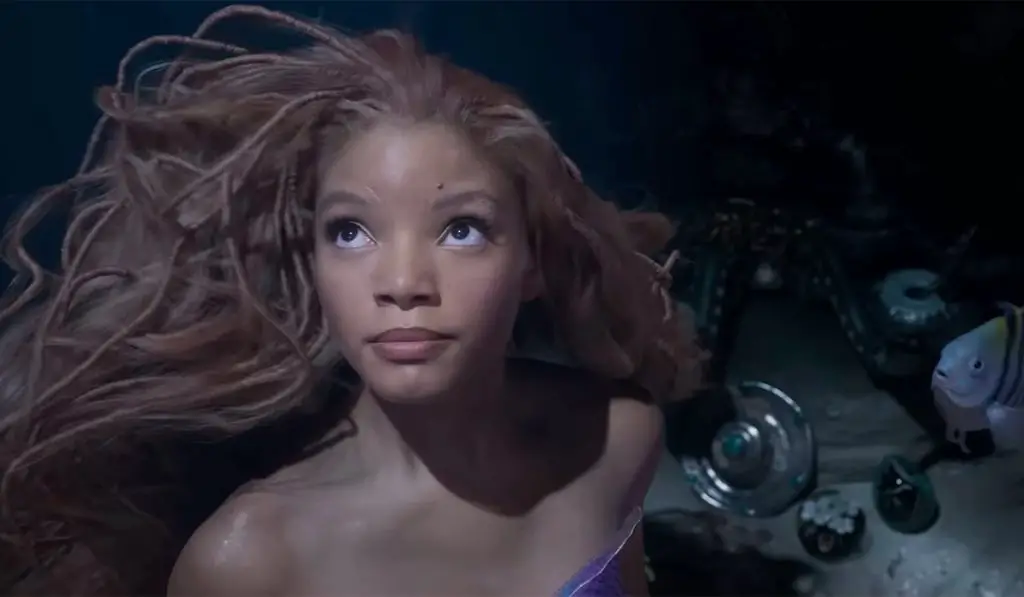Disney has embarked on a nostalgic yet pioneering journey of recreating animated classics into live-action masterpieces, the latest being The Little Mermaid, meticulously helmed by the renowned Rob Marshall. This endeavor is not solely a rehash of the old but a reimagining of tales for the contemporary audience, much like its predecessors such as Beauty and the Beast, Aladdin, and Cinderella. The original classic swam into theaters in 1989, ushering in the Disney Renaissance era. Over three decades later, the transformation is not just visual but audible as well, with evolutions in the timeless songs “Kiss the Girl” and “Poor Unfortunate Souls”. Fans will be relieved to know that Alan Menken, the original composer, orchestrated these lyrical upgrades.
Disney’s Evolving Songbook

Change is often met with skepticism, but this isn’t Disney’s debut in song adaptations for live-action versions. For instance, Guy Ritchie’s Aladdin saw edits in “Arabian Nights” and “Prince Ali”, omitting references that were culturally sensitive. The original animation itself had tweaked some of these lyrics back in 1992, underlining the fluid nature of content.
Bill Condon’s rendition of Beauty and the Beast also witnessed alterations. With unused lyrics from the late composer Howard Ashman at their disposal, certain lines in songs like “Gaston” and the iconic “Beauty and the Beast” were adjusted.
The essence is, these lyric modifications seldom tarnish the film’s essence. On the contrary, they refresh the narrative, make it relevant, and remove potentially unsuitable content. Subtly done, they often slide by, adding to the overall appeal of the movie.
Consent at the Heart of “Kiss the Girl”
One of the songs undergoing change in The Little Mermaid is “Kiss the Girl”. The need for this was clear: the focus on consent. The classic portrays Sebastian, Ariel’s crustacean ally, nudging Prince Eric to plant a kiss on Ariel and shatter Ursula’s curse. However, certain lines in the original song, like “It don’t take a word. Not a single word. Go on and kiss the girl,” don’t resonate with the evolved understanding of consent today. Menken’s involvement ensures that the essence remains intact, while aligning with the current societal sentiments.
Empowering the “Poor Unfortunate Souls”

The second song facing transformation is “Poor Unfortunate Souls”. In this, Ursula persuades Ariel to barter her voice for a shot at humanity and love. The bone of contention? Lyrics that hint at women’s silence being preferable. With lines such as “The men up there don’t like a lot of blabber” and “On land it’s much preferred for ladies not to say a word”, there’s clear room for a revamp. Though these might be deceptive words from Ursula, the underlying message warrants a revisit. Alan Menken’s hand in the matter is a guarantee that the updates are carefully considered, aiming to empower young viewers.
Redefining Ariel’s Legacy
Ever since its inception, The Little Mermaid faced critique. Ariel, often seen as “boy-obsessed”, paved the way for characters like Belle – independent and cerebral. However, in this live-action rebirth, apart from song adaptations, there could be other narrative changes. The goal? To craft a tale that appeals to the new age while preserving the enchantment of the 1989 classic.
Conclusion

The world is ever-evolving, and so are stories. As Disney introduces us to their revamped classics, it is an invitation to revisit old tales with fresh eyes. Embracing these changes could lead to a richer cinematic experience, knitting old legacies with new wisdom. The magic remains untouched; it merely gets a sprinkle of modern-day sparkle.


